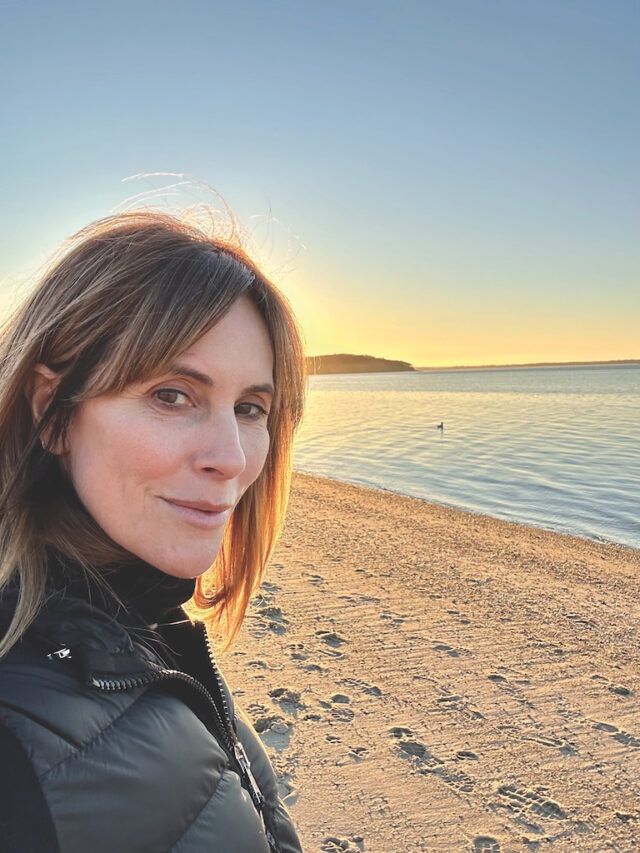
We don’t refer to it as such, but we are most definitely living in a time where we are focused on a new archetype, the wellness seeker. Whatever led us here—addiction, disease, the advent of the drug industry, a pandemic—this is where we are. We focused on how to heal and highlighted modalities the ancients employed and paired them with modern medicine. But now we find ourselves witnessing wars. The conflicts are so close, causing a gut reaction that is altering our state of being.
Ultimately, we have nowhere to turn but inward to deal with it the only way we really know how, intuitively. What does that pain tell us, but to reflect on what we can do about it? It is the beginning of the answer to what social psychologists call a “collective deficit in empathy” as Amely Greeven addresses in “Expanding Into Empathy” in this issue, an exploration of this enlightened state of listening, community and connection. It starts with each of us.
The Buddhist concept of the mind refers to the first level of consciousness as awareness of the world, as we all share the same roots. Listening to the Earth—as it is a living, breathing creature—is a great place to start. Can you see, smell, hear, taste, touch it—and witness its own immune system breaking down? The idea of grounding into the Earth will help shift our energy to be more positive, to tap into our inherent empathy. It could start with, as East End psychic medium MaryAnn DiMarco—who is profiled in this issue—suggests, maintaining a practice of humility and gratitude that will generate momentum toward this shift.
“Do not drink the Kool-Aid of self-pity. It’s deep and dark,” mystical theologian Caroline Myss says in What Makes Us Healthy? She suggests to stop asking questions like ‘What are we entitled to?’ or ‘How much does the world revolve around us?’ that we have no answers to, and make yourself more ‘soul-human.’ In order to get through anything, you have to access your infinite self by stepping into grace—”out of smallness and into your greatness,” she says. Don’t harm anyone along the way, and heal someone else while walking this journey. Practically speaking, every illness has things you need to do to treat it, but Myss also suggests blessing oneself along the journey. “You are pulling grace into everything you do,” she says. Through prayer and grace, you will find a way to unlock your higher properties, and access your energy.
As Donna D’Cruz writes in “A Modern Mantra” in this issue, create “a balance between action and contemplation, presence and purpose.” The ancient wisdom from the Tao Te Ching and the Vedanta can also guide you to make this energetic shift.
If you subscribe to Carl Jung’s theory of the collective unconscious, the emotional network where we are all connected, then our actions, our moments of grace—gratitude, compassion, humility, doing for others, prayer—could contribute to the collective unconscious mind of all sentient beings and shift the suffering. Isn’t a spiritual journey worth a try?






